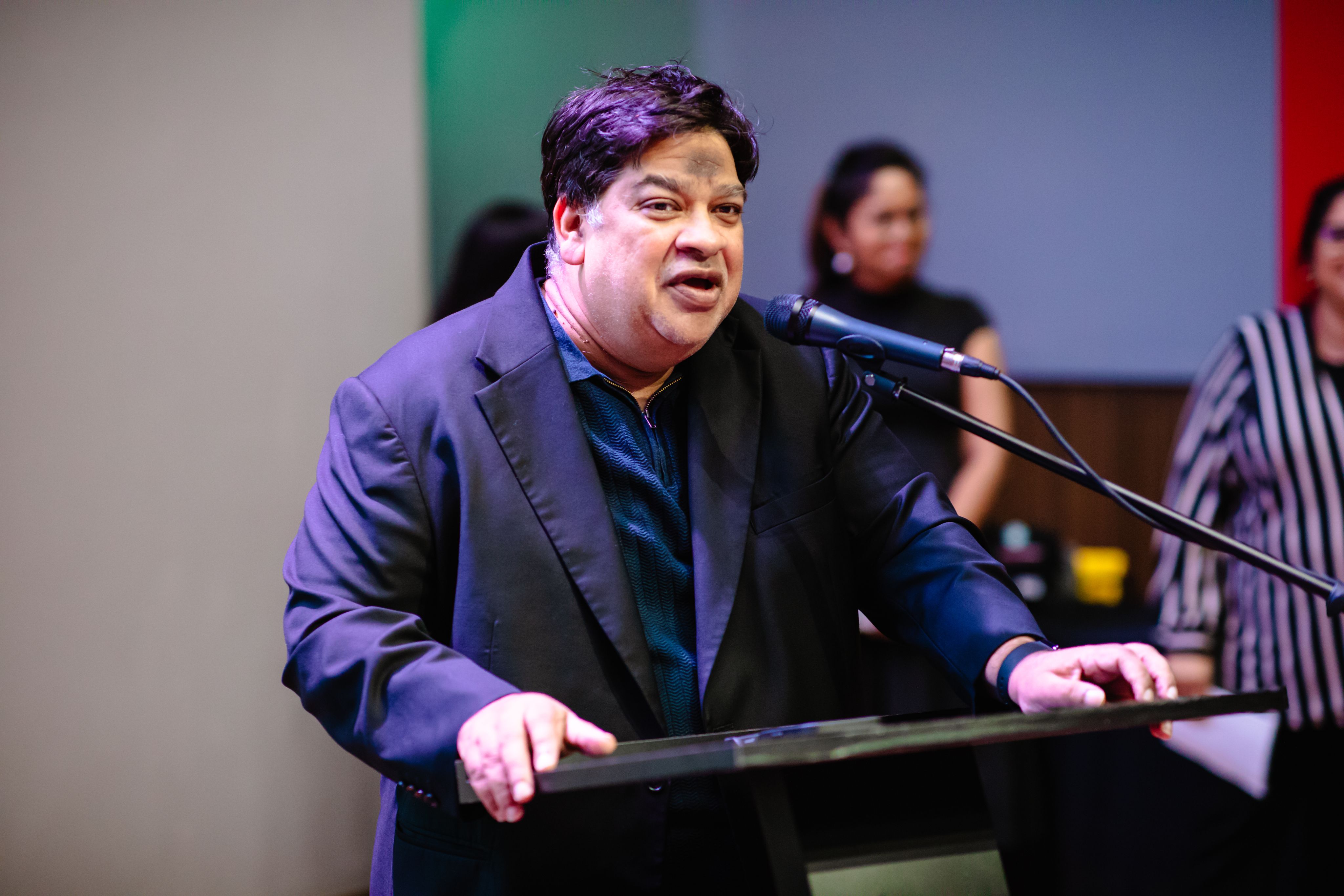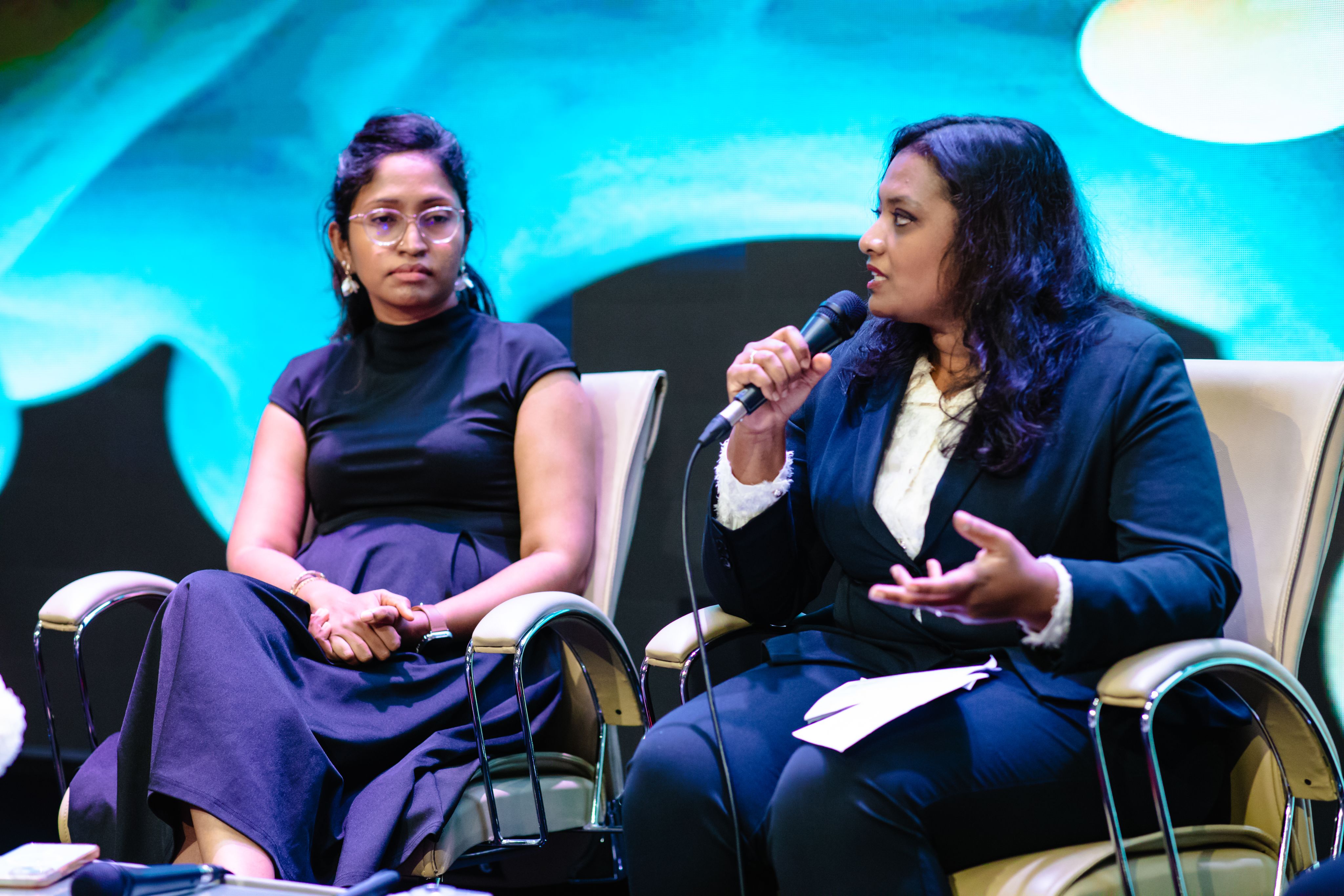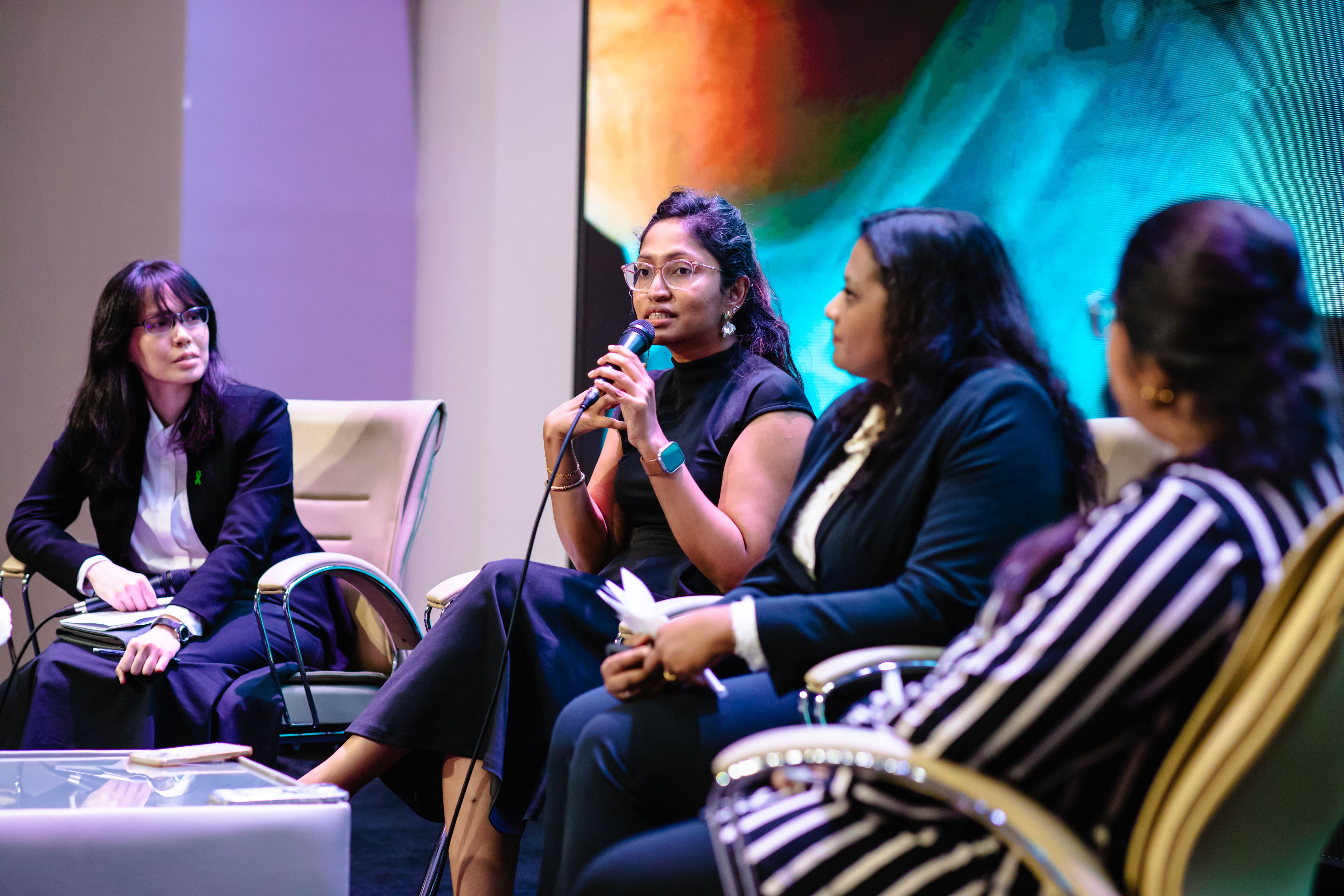Exploring Legal Recourse
for Psychiatric Injury

"We would never tell someone with a broken leg that they should stop wallowing and get it together. We don’t consider taking medication for an ear infection something to be ashamed of. We shouldn’t treat mental health conditions any differently." — Michelle Obama
In recent times, there has been a slow and steady movement towards treating mental health issues as a serious matter and the movement in the legal industry is no exception. As such, it was a true privilege for Brickfields Asia College (BAC) to organize a Law Forum focussing on the Legal Recourse for Psychiatric Injury.
The aim of this forum was to essentially look at the position surrounding the legal system and its treatment towards people who suffered psychiatric injuries as a result of someone else's negligence, and their legal avenues to obtain compensation. Featuring experienced speakers including Puveshini Rao (Clinical Psychologist, Psychology Safety Coach, Co-founder of Re:mind Psychology), Puviyal Sri (Founder and Partner, Messrs S. Puviyal Sri & Co.) as well as one of BAC's own law lecturer, Jayanthi Diana (Barrister-at-Law, England & Wales), this forum was wonderfully moderated by another law lecturer, Nadirah Sharif.
The forum began with an introduction by emcee, Julius Hoo, also a law lecturer, speaking on a recent case law in the United Kingdom on the tort of negligence and psychiatric injury. The session was then followed by an address by Mr. Raja Singham (Managing Director and Chief Future Officer of the BAC Education Group) who introduced the speakers and highlighted the importance of mental health in light of cyber-bullying and other issues.
Once the speakers were introduced, Nadirah Sharif began the session by providing various incidents wherein individuals would face a horrific or catastrophic event, thereby suffering from psychiatric injuries, which would include witnessing a loved one passing away or being injured. As such, the legal position in respect of these individuals seeking legal recourse was to be examined during the session. Nadirah then proceeded to ask Jayanthi Diana as to what "psychiatric injury" actually means in legal terms.
What is Psychiatric Injury?
Diana provided an explanation on what "psychiatric injury" means as a legal definition which included various disorders including "Post Traumatic Stress Disorder", "Major Depressive Disorder", "Anxiety Neurosis" and is to be distinguished from mere ordinary shock, sorrow and grief.
When asked as to whether these are accurately described as "psychiatric injuries", Puveshini Rao explained that the terminologies and definitions used in the legal sense is somewhat different to the approach and definitions understood by psychologists which "categorised" psychiatric harms to include any emotions for a long duration of time that inhibit a person to function.
Remedies for Psychiatric Injuries
The Forum then proceeded to speak on the instances in which remedies for psychiatric injury may be claimed. Diana began by first providing an explanation on the position in the United Kingdom wherein claimants could claim remedies for psychiatric injuries under the tort of negligence which would include situations of deliberate wrongdoing or careless wrongdoing. However, she provided that it would depend on the type of the victims, thereby providing a distinction between those who are the primary victim, i.e. those that were directly injured or affected, and those who are deemed as a secondary victim, i.e. those that witness the event and suffered psychiatric injuries as a result, using the Hillsborough Stadium Disaster in 1989 as a primary example.
Position in Malaysia
Upon discussing the position in the United Kingdom, Puviyal Sri then explained that the legal position in Malaysia is somewhat similar to the position in the United Kingdom. She then provided a detailed explanation on the position in Malaysia by diving into various case laws and sharing from personal experience.
Puviyal mentioned that psychiatric injury claims are recognizable and, in fact, litigated in Malaysian courts as can be seen in cases such as Jub'il bin Mohamad Taib Taral v Sunway Lagoon Sdn Bhd [2001] 6 MLJ 669 where the High Court awarded compensation for the psychiatric injury suffered by the claimant. Nevertheless, based on her experience in practice, Puviyal did observe that there are not many psychiatric injury claims being filed in court even though a claimant is in the position to do so.
At the end of the forum, Puveshini Rao explained that even though claims for compensations for psychiatric injury is possible, the question then arises as to whether this would be sufficient as it is doubted that these psychiatric injury can be "cured" as compared to being "alleviated". The Forum concluded on the opinion that the law on psychiatric injury and even the definition of psychiatric injury itself are in need of revision(s) especially due to the rise of stress levels and anxiety in the workplace.
The forum also highlighted the different social attitudes towards psychiatric illness, including wearing such conditions as “both a badge of shame and a badge of honor”, recognising the stigma that surrounds mental illness diagnoses in Malaysia. Interestingly, the issue of psychological disorders among students due to the stresses of university life and the possibility of legal recompense in such cases was also considered.
In the end, participants did find this forum to be very insightful and informative, as it provided a very deep analysis on the law of psychiatric injury and how this is in fact "different" from the perspective of psychologists.
Interested in events such as this? Contact us to find out more!






